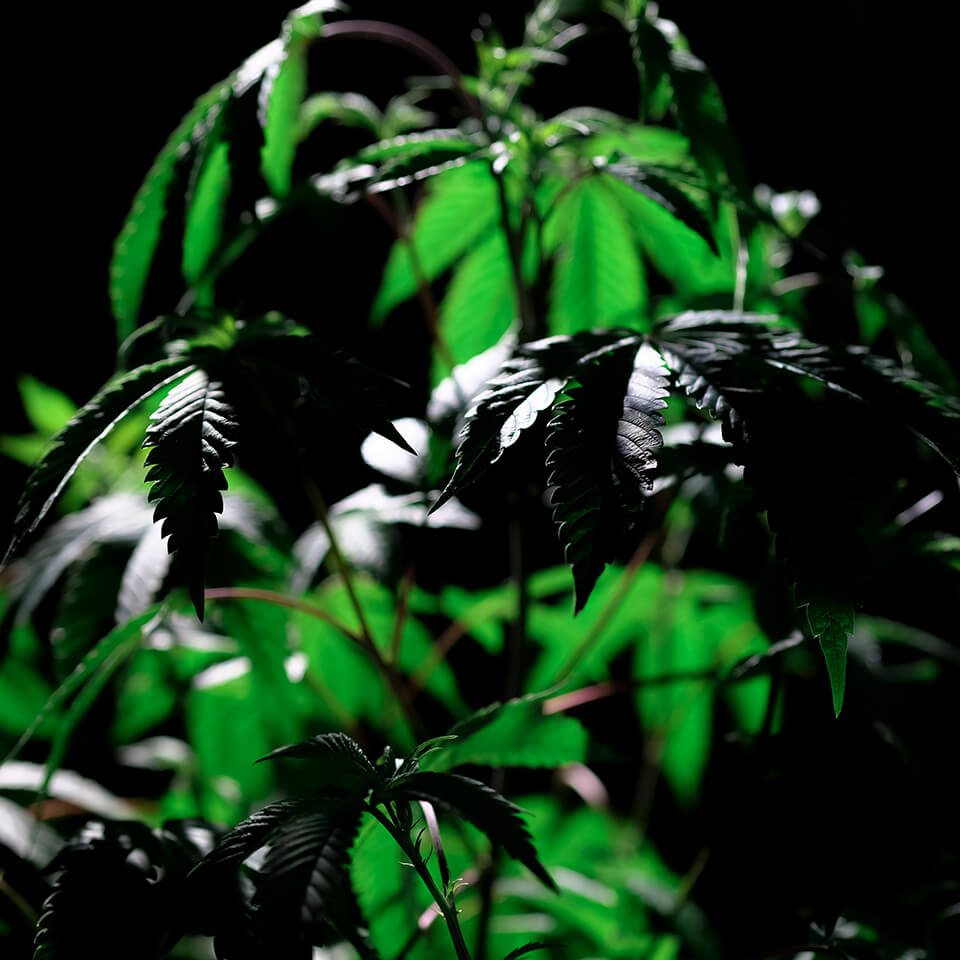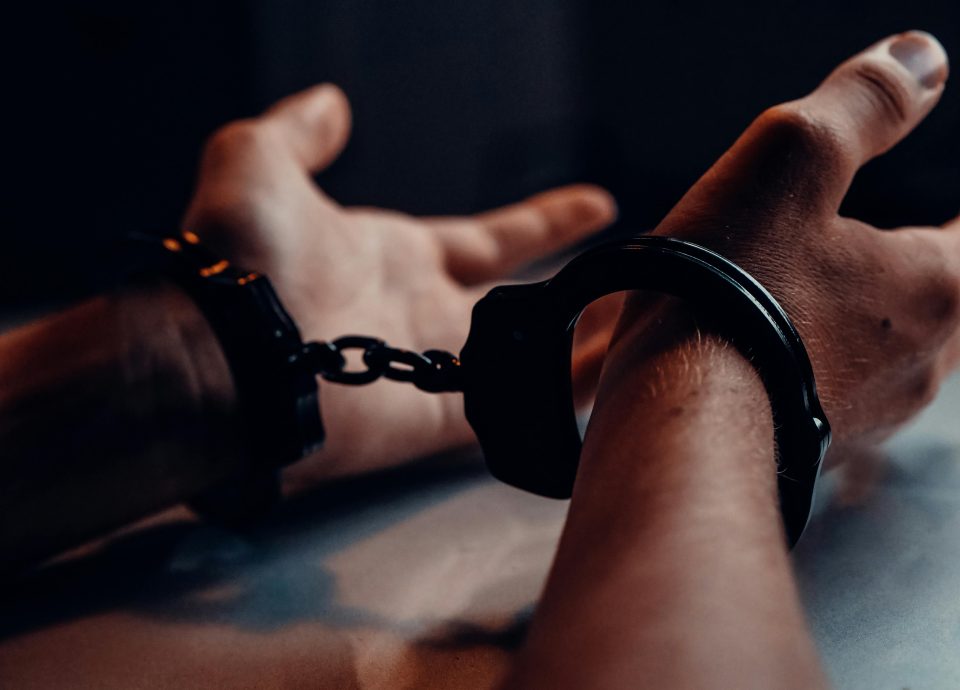Drugged Driving and THC in Michigan
Understanding Marijuana and Drugged Driving Laws
As more states legalize medical and recreational marijuana, these new laws often conflict with older, strict zero-tolerance rules on driving under the influence of Schedule 1 drugs, including cannabis. Michigan law makes it clear: if you are impaired by any substance, you cannot legally drive. This includes alcohol, marijuana, prescription medication, and even over-the-counter drugs if they affect your ability to operate a vehicle safely.
The key difference between alcohol and marijuana is the standard for impairment. With alcohol, there is a federally mandated .08 Blood Alcohol Content (BAC) limit. For marijuana, no such limit exists, which makes these cases much more complex.
Proving Impairment in Court
In drunk driving cases under the legal limit, or cases involving drug impairment, prosecutors must prove actual impairment beyond a reasonable doubt. This is often shown through evidence such as weaving, erratic driving, failure to use headlights, speeding, or failing roadside sobriety tests. A jury must decide if the evidence shows impairment, not just the presence of a substance.
Recreational Marijuana and Driving
Since the Michigan Regulation and Taxation of Marijuana Act (MRTMA) took effect in December 2018, Michigan drivers age 21 or older can legally have THC in their system while driving, as long as it does not impair their ability to operate the vehicle safely. This means:
- Prosecutors can no longer convict drivers simply for having THC in their bloodstream.
- The state must prove that THC actually caused impaired driving behavior.
- Driving “under the influence” of marijuana remains illegal, but the burden of proof is higher than before.
Why THC Cases Are Different from Alcohol
Unlike alcohol, there is no reliable or universally accepted standard for THC impairment. Studies show that marijuana affects drivers in ways that are often the opposite of alcohol. While alcohol tends to increase recklessness and overconfidence, marijuana can slow reaction times, make drivers more cautious, and increase following distances. Because of this, legislators have struggled to define clear “per se” impairment levels for THC.
How Long Does THC Stay in Your System?
There is no simple answer, as it depends on the method of use and the strain of cannabis. Research suggests:
- Smoking cannabis can impair driving ability for the first 1–3 hours, with THC levels peaking early and declining afterward.
- Oral ingestion (edibles) peaks later, around 2–3 hours after use, with lingering effects that can last longer.
- For most strains, THC levels may drop below 5 ng/ml within about four hours after smoking.
Active THC vs. Marijuana Metabolites
In People v. Feezel (2010), the Michigan Supreme Court ruled that the marijuana metabolite 11-carboxy-THC—which can remain in the body for up to 28 days—does not count as a Schedule 1 controlled substance. This means:
- Drivers cannot be prosecuted in Michigan solely for having marijuana metabolites in their system.
- However, in many other states, the presence of metabolites is still enough to trigger a drugged driving conviction.
Because Michigan law requires proof of actual impairment, having an experienced drugged driving defense lawyer is critical to protecting your rights in these cases.





